Juggling work life and traditional duties is a tough task, but women have been doing this with great . In the fiercely competitive world, women have proven their efficiency time and again, but in a bid to prove their multi-facetious worth, has their health taken a backseat? Stop and think. Have you missed your breakfast to rush for a very important meeting thinking you'll catch up on a light snack later? Are you monitoring your carb, protein and fat intake while having your lunch? These minor concerns, which may not have made much of a difference in your 20's, are here to haunt you in your 30's. The good news is that you can stand tall in front of all these challenges with these suggestions.1. Boost Up Metabolism One of the top concerns of women who have just reached their thirties is their metabolic rate. Women need to plan their diet in such a way to keep their metabolism high so that it can help combat the natural slowdown that starts around this time.
Bengaluru-based Nutritionist, Anju Sood, says, “Metabolism takes a dip around this time, and I have women complaining about weight gain. They say that they have been eating the same food as their 20's and checking their diet, yet are finding it difficult to shed the extra kilos. To them I want to advise that revamp your three prime nutrient intake and balance them in a new fashion, now that you have entered your thirties.”"The three prime nutrients include carbs, proteins and fats. You need to increase your protein intake to improve metabolic rate and calorie burning potential. Also, increase the intake of complex carbs. The usual recommended carb intake is 60 to 70 percent of your total food (the other 15-20 percent include proteins and fats). And even in the carbs composition, only 8 percent should come from simple carbs, rest all should be from complex carbs. And breakfast has to be the heaviest meal of the day, with an evenly distributed carb, protein and fat intake, while your dinner should be light.”(Also read: How to Lose Weight Fast: 10 Tips to Shed Kilos the Healthy Way)
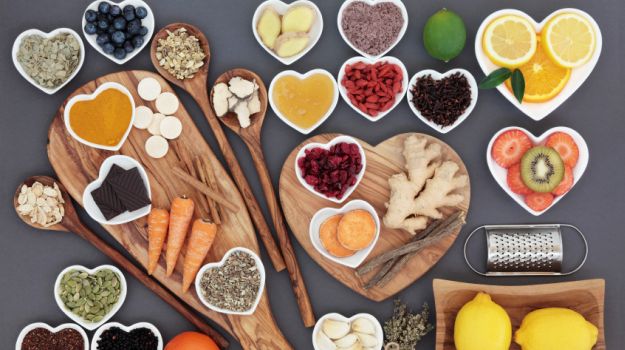
2. Include FiberNutritionist Shilpa Arora says, “When you hit your thirties, high fibre foods become essential to regulating blood sugar levels and metabolism. On the subject of perpetual weight gain, she suggests, “A balanced diet rich with fruits and vegetables and going low on processed food and saturated fats are a must for woman in 30's for monitoring weight.”
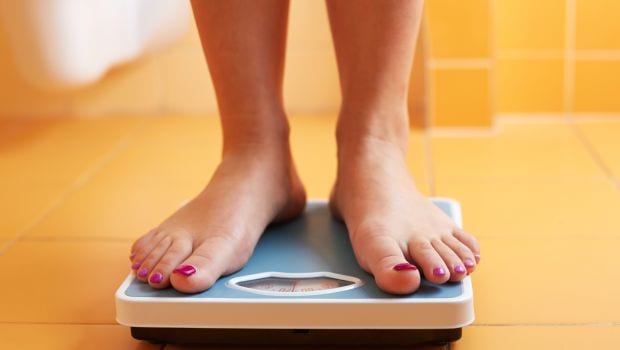
3.For Better Hormone FunctioningIt is a fact known all across that when you hit your 30's, your hormone functioning undergoes a drastic change. Dr. Arora says, “Women should also have a lot of adaptogens like ashwagandha, tulsi and maca powder. They help maintain hormone levels. Chaste berry is another fruit which balances hormones.” She also adds that it is essential to have an eye on iodine levels, for checking risk of thyroid dysfunction."
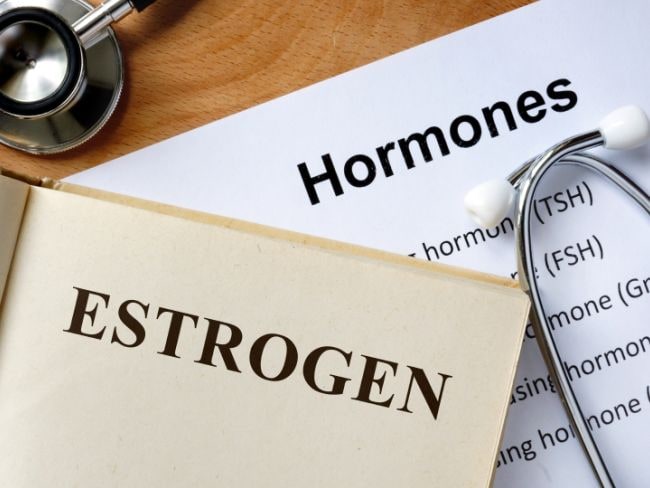
4. For Dipping EnergiesConsumption of iron rich foods is also a must for dipping energies, which is another concern that affects a woman typically in her 30's, says Shilpa. Did you know that women tend to lose iron with each menstrual period? Therefore during child birth, they need to add it back in their diets. The most common type of anemia stems from a deficiency of iron in the body. This kind of anemia is only treatable with the intake of iron rich foods such as beans, peas, pumpkin seeds, green vegetables, red meat, poultry and raisins.A study held at Pennsylvania State University, published in the American Journal of Clinical Nutrition, revealed that iron deficiency affected cognitive and mental functioning in women. Published in March 2007, the study looked at the link between iron and cognitive function among women from 18 to 35 years. Women with greater iron intake were found to be performing better in cognitive function tests. And women in their 30's fell into the category with the greatest risk of iron deficiency.(Also read: Women Aged 45-60 Years Commonly Suffer from Obstructed Defecation)
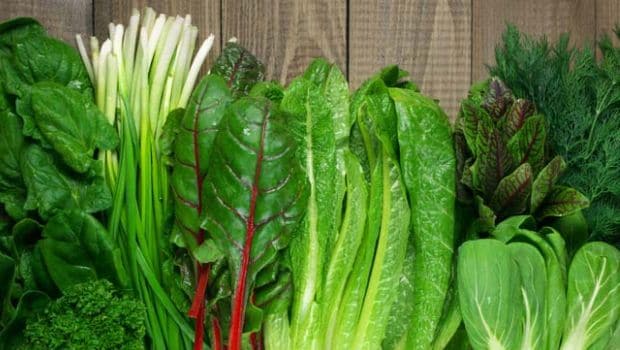
5. If You Are Planning to Start a Family As many women in their 30's are also planning to conceive, their iron and folate content become all the more essential. Folate is a vitamin women need in abundance to prevent any birth defects.
Dr. Rupali Datta, Consultant Nutritionist, says, 'Women planning a pregnancy must be aware of their iodine, iron and folate status to avoid complications and to protect their child during pregnancy. Lactating mothers need additional nutrition to meet the demands of this physiologically state.'You can have beans to up your folate levels. A cup of beans contains 200 to 300 micrograms of folate. Folate helps produce DNA and form new healthy cells, therefore paramount for expecting women. Other ways to increase your folate intake are green leafy vegetables like spinach and citrus fruits.
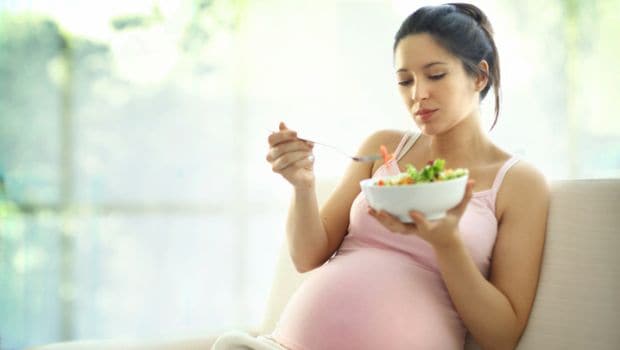
6. For Better Bone HealthThe next major concern is withering bone health. Yes, a problem commonly associated with older women now affects women in their 30s as well. As you grow old, your estrogen level declines, which in turn affects your bone-density adversely. Therefore, an increased calcium intake coupled with vitamin D becomes essential at this juncture. Women need around 1000mg of calcium a day. Good sources of calcium include milk, curd, chia seeds, cheese, broccoli, almonds, bokchoy, etc.
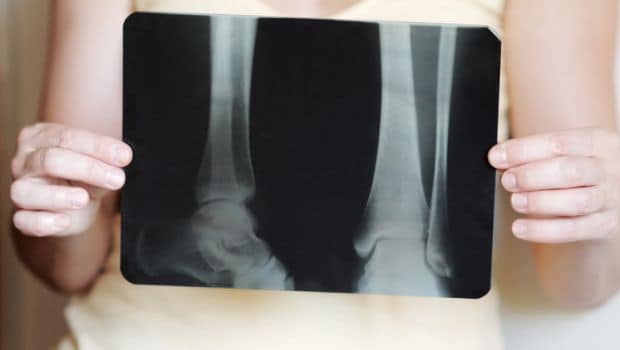
Include these expert suggestions and stand tall and strong against some of these biological challenges like all the other challenges you've been bracing so efficiently.
About Sushmita SenguptaSharing a strong penchant for food, Sushmita loves all things good, cheesy and greasy. Her other favourite pastime activities other than discussing food includes, reading, watching movies and binge-watching TV shows.









